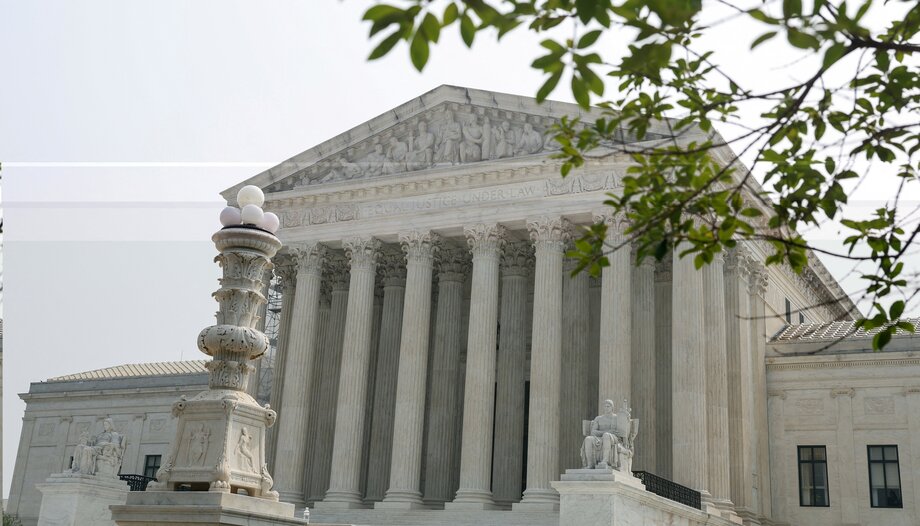 James ArthurEducation is built on the idea of the market".
James ArthurEducation is built on the idea of the market". Floyd case: reflection among Catholics on how to fight racism
Floyd case: reflection among Catholics on how to fight racismOn June 29, the Supreme Court of United States published the "Students for Fair Admission v. Harvard" ruling. This decision represents a change in access to education, as it declares unconstitutional affirmative action discrimination on the basis of race in university admissions.
In response to the controversy caused by the Supreme Court's statement, the U.S. Conference of Catholic Bishops (USCCB) published a brief note on the subject. In it, Bishop Joseph N. Perry, chairman of the ad hoc commission against racism, states that "education is a gift, an opportunity and an essential aspect of democracy". He points out that education is not available to all, especially for racial or ethnic groups that suffer discrimination.
As such, Bishop Perry is confident that "our Catholic institutions of higher education will continue to find ways to make education possible and affordable for all, regardless of background."
The USCCB also echoes Katharine Drexel, patroness and pioneer of Catholic education. This American saint affirmed that "if we want to serve God and love our neighbor, we must show our joy in our service to Him and to them. Let us open wide our hearts. It is joy that invites us. Go forward and fear nothing".
Affirmative action in education
For years, universities in the United States have taken into account the race of applicants. Initially, the country's judicial bodies admitted that, although the race of students could be taken into account in their favor, this aspect had a very limited impact. Now, in 2023, several students raised their voices, pointing out that affirmative action imposes admission quotas that unfairly affect applicants.
The Supreme Court's decision states that it is not constitutional to base student admissions on race. However, given the organization of the States, this ruling will affect each territory differently and its actual consequences will have to be evaluated over time.











